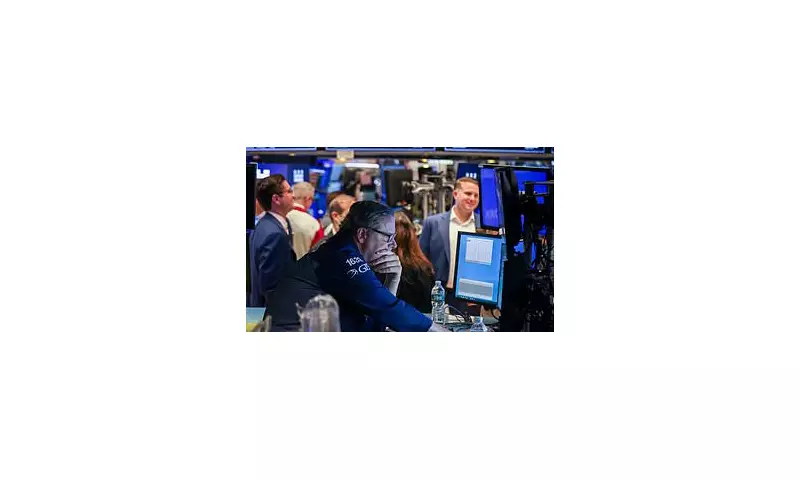
A chilling report from the prestigious Quantitative Research Group at the Federal Reserve Bank of San Francisco has cast a long shadow over the white-hot artificial intelligence sector, warning that the current investment frenzy mirrors historical bubbles and could culminate in a devastating crash.
The study's findings sent immediate ripples through global markets, triggering a significant sell-off. Tech giants at the forefront of the AI revolution saw their valuations nosedive, with the tech-heavy NASDAQ index falling sharply.
The Ghost of Bubbles Past
Researchers drew direct parallels between the current AI mania and previous technological bubbles that ended in financial ruin, most notably the dot-com crash of the early 2000s. The analysis suggests that despite the transformative potential of AI, the eye-watering valuations and immense capital inflows are unsustainable.
The core of the warning is stark: investors piling into AI-focused equities and ventures today may see their investments dwindle to virtually zero returns in the long run. The report posits that while a select few foundational companies might survive and thrive, the vast majority of investments in the ecosystem are dangerously overhyped.
Market Jitters and Investor Panic
The publication of the study acted as a catalyst for a market correction that many analysts had quietly predicted. Shares in leading AI chip manufacturer NVIDIA Corp tumbled by over 4%, a significant move for a company of its stature. Other tech behemoths, including Microsoft, Alphabet (Google's parent company), and Meta Platforms (Facebook), also saw their stock prices retreat.
This downturn reflects a growing anxiety that the AI gold rush has pushed stock prices far beyond any reasonable assessment of their current or near-future value. The fear is that the market is driven by speculation and fear of missing out (FOMO), rather than solid financial fundamentals.
A Reality Check for the Tech World
The report serves as a sobering reality check for an industry captivated by the promise of generative AI, large language models, and automation. It urges a more cautious and measured approach to investment, highlighting the immense technical hurdles and costs associated with developing true artificial general intelligence.
For the UK's burgeoning tech sector and its investors, this warning is a critical reminder of the volatile nature of pioneering technology markets. The question now is whether this downturn is a temporary correction or the first crack in a bubble poised to burst spectacularly.





